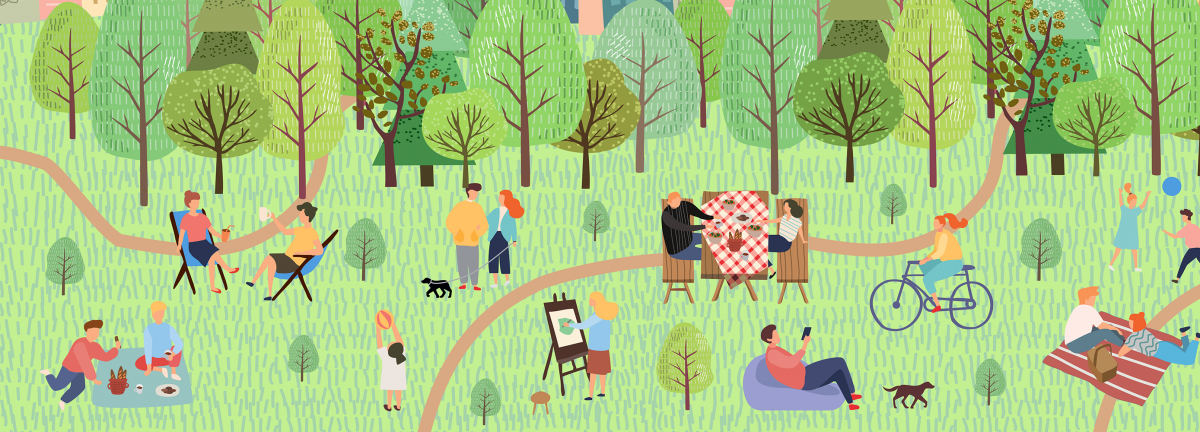Journal 09 on places, change and innovation

Welcome to Design Council’s journal. This week’s entry is on places, change and innovation.
It ought to be remembered that there is nothing more difficult to take in hand, more perilous to conduct, or more uncertain in its success, than to take the lead in the introduction of a new order of things. Niccolò Machiavelli
Jacqueline Bleicher, Design Council Associate on our experience of place
Covid-19 has shone a spotlight on how we live in our homes and communities. There are negatives, watch the news to see how people are disproportionately affected. Inequalities and systemic failures are deeply disturbing.
There are positives, temporary environmental reprieves won through reduced human activity across the planet. As a built environment professional I am curious about other peoples lived experience of place. There are lessons from the Covid-19 crisis we can capture to improve our homes and neighbourhoods, now and for the future. To understand what people need, we are asking people how homes and communities can better suit their needs, here.
Empirical evidence is necessary to lobby for improved space standards, accessible outdoor space for all accommodation, walkable complete neighbourhoods with corner shops and green space. Post Covid-19 community needs should inform Neighbourhood Plans, so no one and no place is left behind.
Neil Gridley, Design Council Associate on change and innovation
Throughout this terrible pandemic and lockdown, I found myself going through the ‘emotional cycle of change’. At first, denial that this was really happening, it was something in China and Italy but not here. That later turned to frustration and anger that a virus was transferred probably through our poor behaviour — towards animals and more broadly the natural world. I also became annoyed at what I was losing: two projects cancelled, no meeting friends and no meals out …. and many other things.
But then as I gradually accepted the situation and got used to the new normal, something emerged. My anger at what I was losing dissipated and I began to see what I was gaining. I had enough work and income, but I had gained more time to discover new things and focus on things I usually don’t have (or make) time for.
Much of my work these days is to help organisations innovate, and the lockdown process reminded me of the challenge of innovation.
When you suggest a new order of things, it is much easier to understand what we (both stakeholders and customers) will lose, than to imagine the things we will gain.
Read the full article on Neil’s website.
This entry was originally published on our journal on Medium.
The views and opinions expressed in this journal are those of the authors and do not necessarily reflect the official policy of Design Council.
Subscribe to our newsletter
Want to keep up with the latest from the Design Council?
